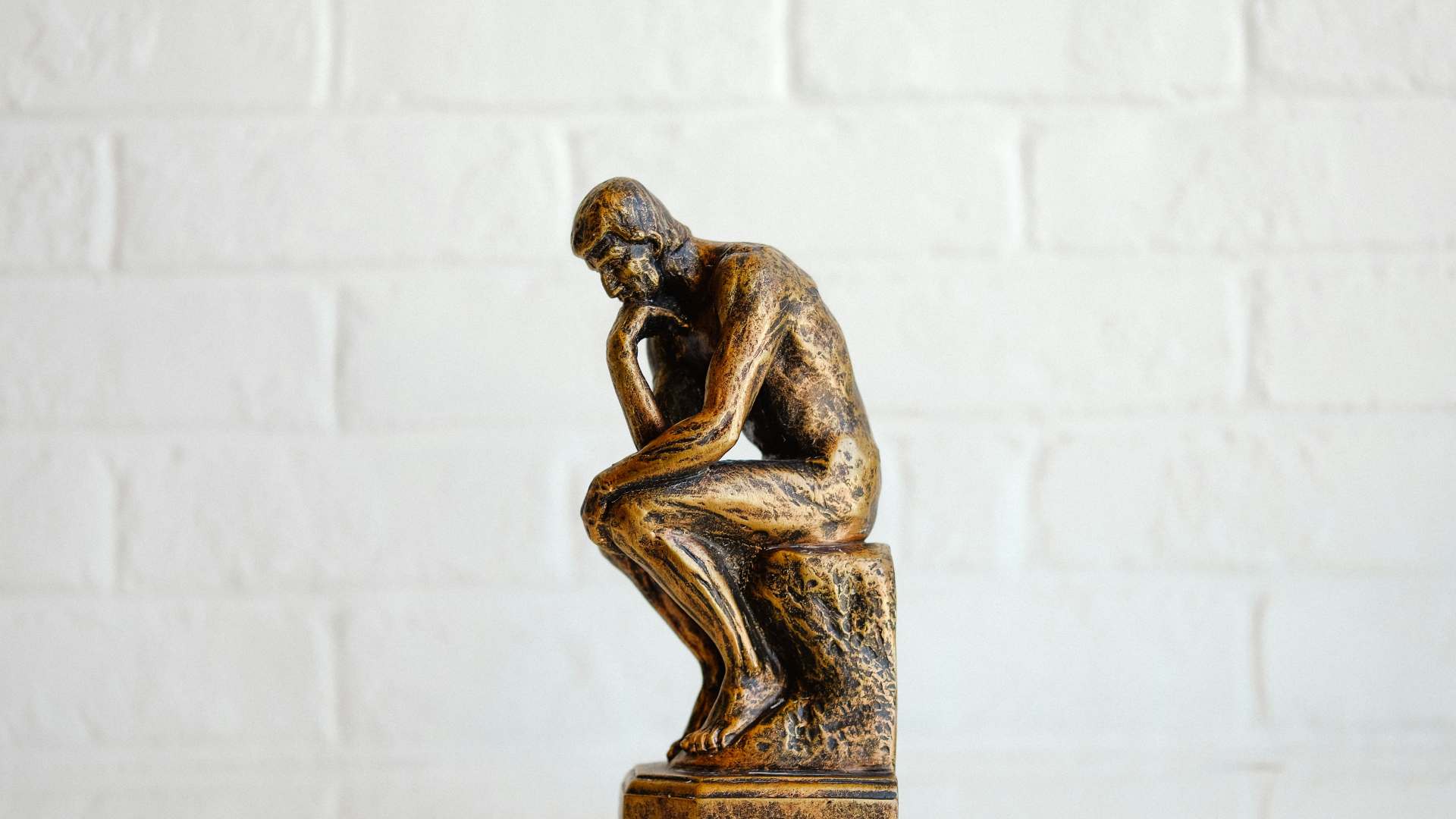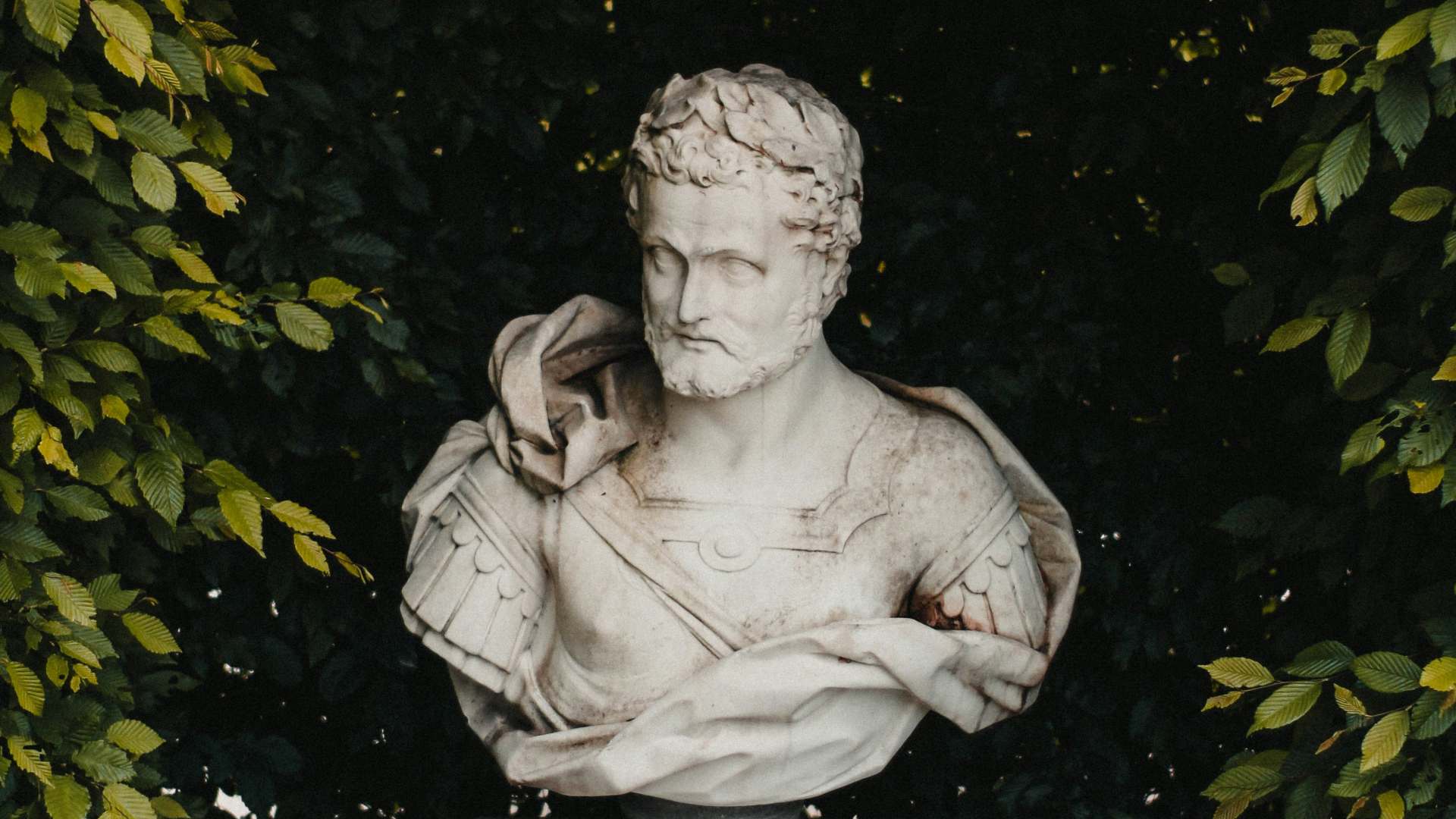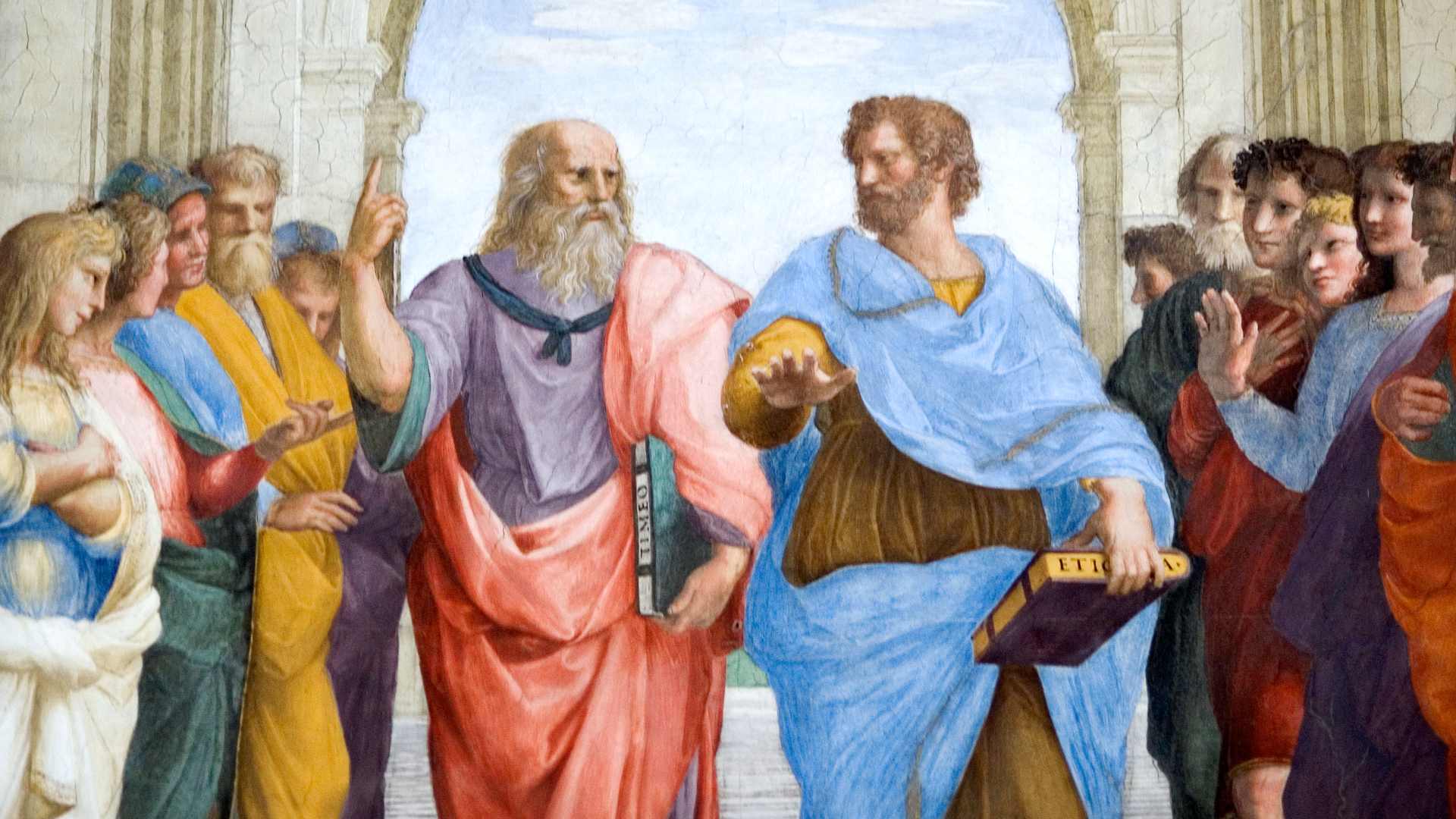A newly released toolkit for universities teaching philosophy produced by the SOAS University of London is recommending less of a focus on “euro-centric” philosophy and more of a focus on “new-age” thinkers like gender theorists and non-white philosophers.
This effort is described by the University as the “UK’s first decolonising philosophy toolkit for secondary schools and universities.”
Diversity Toolkit

According to an announcement from the SOAS University of London, the toolkit “aims to diversify philosophy teaching by incorporating philosophical perspectives from Africa, Asia, the Middle East, and Latin America.”
SOAS argues that this curriculum is important for empowering students to become active participants in philosophy by generating interest in often uncovered philosophical communities.
Wealth of Wisdom

Toolkit co-creator Dr. Paul Giladi remarked that the way they had been taught philosophy left them uninterested in diverse philosophical perspectives, something Giladi hopes this toolkit can help secondary education institutions address.
“Thinking back to my own years at university, I saw that my philosophical training had been blind to, even uninterested in, the wealth of wisdom from Africa, Asia, the Middle East, Latin America, and Indigenous communities,” said Giladi.
More Challenging Learning Environment

Giladi asserts that the learning environment for students is critical, particularly in philosophy, for promoting critical thinking.
“Only later in my academic career was I able to recognise that the learning environment shaping my training was not designed to promote critical thinking. Learning was orientated towards obeying and reproducing an already agreed philosophical tradition that we are not meant to challenge,” Giladi said.
What’s in the Toolkit?

This toolkit is constructed with four different sections each with its own purpose. The first section lays out the argument for why “decolonizing” philosophy is required for better learning.
The following sections lay out recommendations, guides, and examples of how a philosophy program can be “transformed to reflect decolonizing principles.”
Non-White Antagonism

In the overview of the toolkit, it accuses Western academic philosophy of being antagonistic to non-white people.
“Much academic philosophy in the UK, US, Australasia, and continental Europe masks its structural antagonism to everything that is not white, bourgeois, male, heteronormative, and able-bodied. Indeed, the institutional gatekeepers of Anglo-European academic philosophy will not take kindly to precisely this critical point,” the toolkit says.
Power Struggle

The toolkit project views the ability to teach non-white perspectives in academia as a “power struggle” that will eventually lead to improved cooperation in the discipline.
“If this power struggle is to be overcome, then sharing power with others leads to a greater sense of ownership, stronger bonds and cooperation, and improved productivity,” said the toolkit.
Changing Voices

In the recommendations section, the toolkit calls for “new voices” to have a focus in the curriculum, with an emphasis on anti-colonialism, gender, and multiculturalism.
Of the recommended voices is Nishida Kitaro, a Japanese philosopher who “challenges eurocentrism,” and a leading African theorist of gender named Nkiru Nzegwu.
Ending Tests

The project recommends doing away with traditional exams, essays, and other tests in teaching and reinforcing material that it views as unfairly hindering students.
Instead, the toolkit advocates for “decolonising teaching” by placing less emphasis on traditional essays and exams and moving toward authentic assessments that allow students to produce work “that is principally evocative of their personal interests, their lived experiences, and speaks to their lives.”
Reimagining the Teacher Role

Teachers are encouraged to release the authority position they have over students, and be a learning participant in the material instead.
“Unlearning means stopping oneself from always wanting to correct, teach and enlighten. Rather, the teacher should be prepared to forgo a singularly authoritative role and be a facilitator of, and participant in, good learning,” says the guidelines.
Long Demanded

This latest toolkit from SOAS University of London is not the first time the institution made headlines around the topic of decolonizing philosophy.
In 2017, The Guardian reported that students at the university launched a campaign to challenge “great Western philosophers” in the curriculum.
Questioning Everything

Supporters of “decolonization” in philosophy don’t view the effort as pushing a woke ideology, but rather releasing the shackles of intellectual systems in institutional philosophy that they view as counter to the purpose of being an open thinker.
“We’re not trying to exclude European thinkers,” said a second-year doctoral SOAS student in 2017. “We’re trying to desacralise European thinkers, stopping them from being treated as unquestionable. What we are doing is quite reasonable.”
